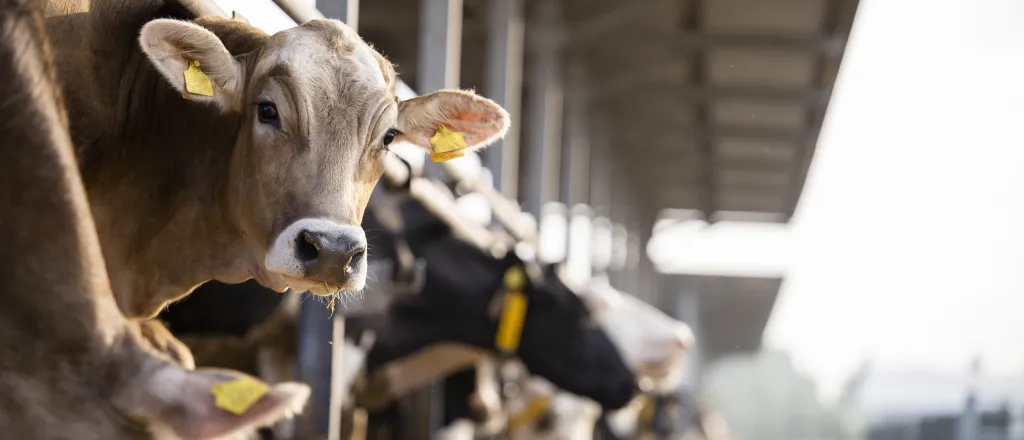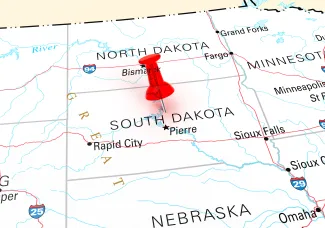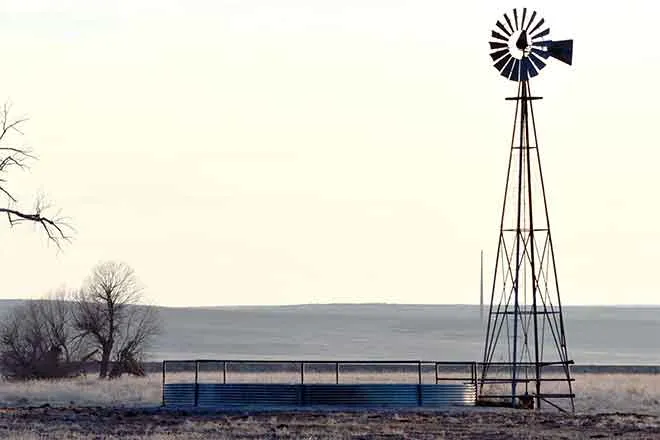
South Dakota pushes to keep certain CAFO details nearly out of reach
© Smederevac - iStock-1470677566
Click play to listen to this article.
Larger livestock operations can be a thorny issue in rural areas and South Dakota lawmakers are proposing restricting feedlot details with more communities poised to debate the projects.
A Senate bill calls for updating language dealing with concentrated animal feeding operations. A provision tucked inside would bar a key state agency from providing a list to the public of existing operations already issued a permit, unless federal law said it has to be turned over. Local governments seeking information might also encounter difficulty.

Jay Gilbertson, manager of the East Dakota Water Development District, does not view the sites as a big environmental risk but still questions the move.
"It creates an impression that there's something to hide," Gilbertson contended.
The number of concentrated animal feeding operations in South Dakota has swelled to nearly 440. In the U.S., feedlots with large animal herds are under scrutiny over air and water quality concerns. Under the bill, a resident researching environmental effects would have to travel to the state Capitol to secure site records.
The bill's sponsor said it is in response to requests from national media and others seeking specific site details and to protect sensitive information from getting in the hands of "bad actors."
But policy experts tracking the movement noted local organizing is often at the center of opposition to the projects, regardless of whether an out-of-state environmental group is assisting. Gilbertson pointed out the state offers accessible databases for other facilities subject to permits, such as wastewater treatment plants, and large feedlots should not be given extra cover.
"Suddenly, when cows and farmers are involved, if you're interested, you're a terrorist," Gilbertson observed. "I think that's kind of silly."
Gilbertson is referring to the term "agro-terrorism" used by the South Dakota Department of Agriculture and Natural Resources when describing the denial of past records requests. The department noted while it doesn't prefer to share lists of existing operations online or over the phone, the public can access information when a new project is seeking a permit.
















